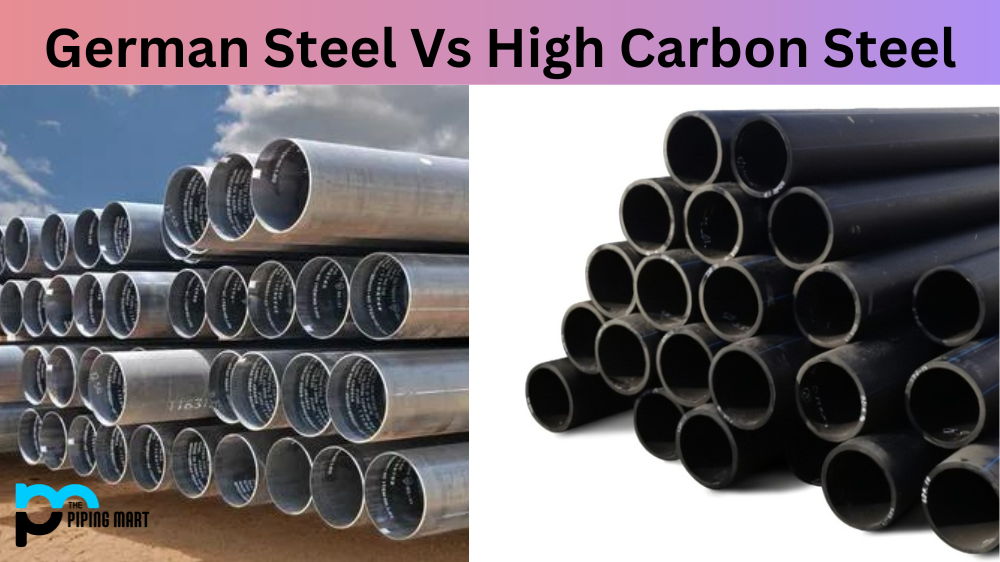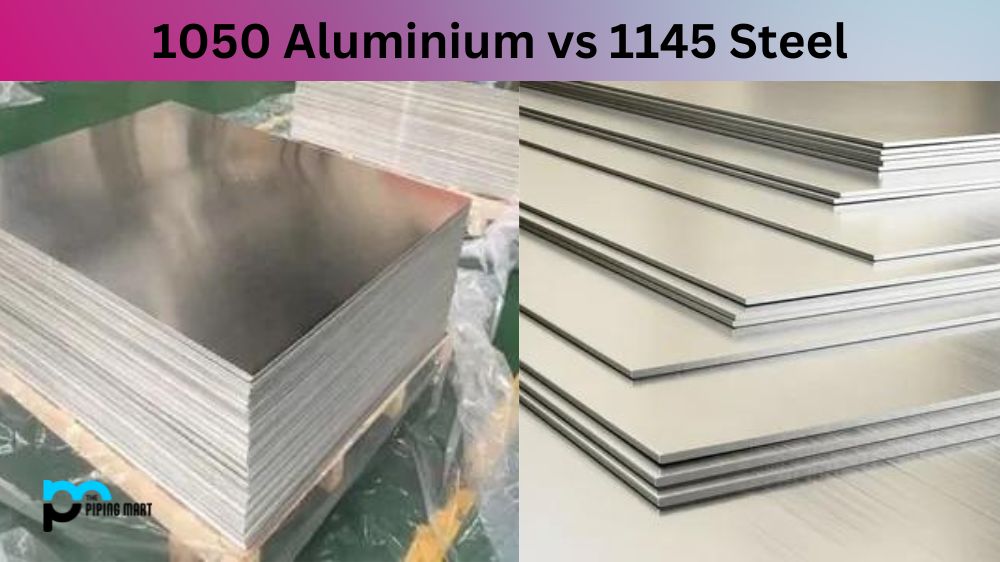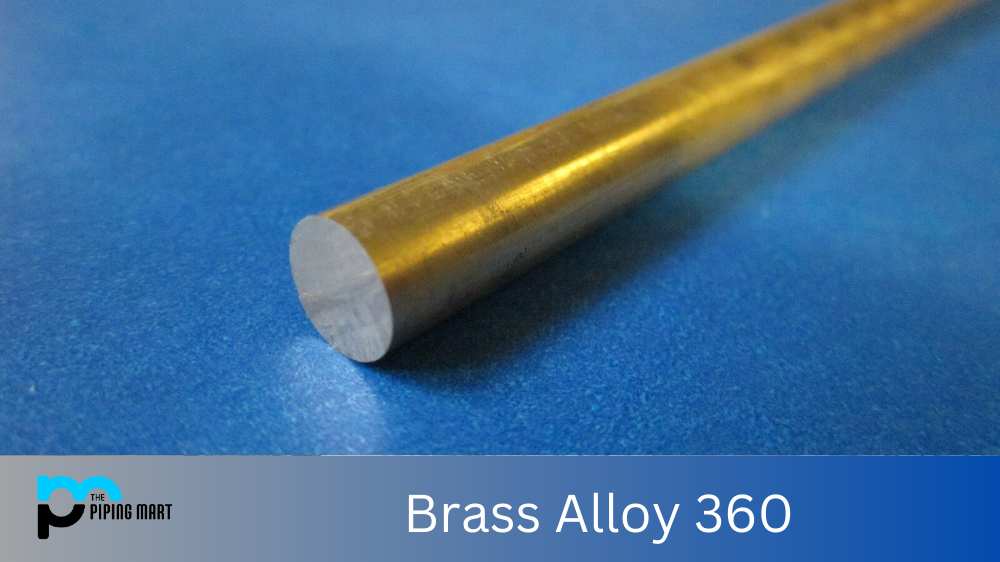When it comes to metal alloys, there are plenty of options available on the market. Two of the most popular alloys are nickel and Inconel. Both materials offer many advantages to those looking for industrial-grade metals, but what’s the difference between them? Let’s take a closer look.
Nickel Alloy
Nickel is an alloy that contains at least 8% nickel along with other metals like iron, chromium, and molybdenum. It is widely used in many industries due to its excellent corrosion resistance and strength when exposed to high temperatures. Nickel alloys are also known for resisting oxidation at high temperatures, making them ideal for use in aircraft engines or other equipment exposed to extreme temperatures. Nickel is also relatively inexpensive compared to other materials, making it an excellent choice for cost-conscious buyers.
Inconel Alloy
Inconel is an alloy containing nickel, chromium, manganese, and iron. It shares many of the same properties as nickel but offers superior resistance to oxidation and corrosion from acids or alkalis. Inconel is also highly resistant to cracking under stress or fatigue, making it ideal for use in aircraft engines or other applications where components must withstand extreme temperatures and conditions without breaking down. In addition, Inconel has superior heat-resistance capabilities, which make it useful in applications such as furnace liners or exhaust systems where materials have prolonged exposure to high temperatures.
Difference Between Nickel and Inconel Alloy
Composition
Nickel alloys contain a minimum of 99% nickel, while Inconel alloys contain between 72% and 90% nickel. Both alloys also contain iron, chromium, molybdenum, and other elements in varying amounts.
Properties
Nickel alloys are known for their high strength and toughness, as well as their resistance to corrosion and heat. Inconel alloys are similarly strong and tough, but they also have excellent resistance to oxidation and high temperatures.
Uses
Nickel alloys are commonly used in the aerospace and chemical industries, as well as in power generation and marine applications. Inconel alloys are often used in high-temperature applications such as jet engines and gas turbines.
Cost
Nickel alloys are typically more expensive than Inconel alloys due to their higher nickel content. However, both types of alloy are significantly more expensive than steel or aluminum.
Availability
Nickel alloys are widely available from a variety of manufacturers. Inconel alloys are less common, but they can be found from some suppliers
Conclusion:
When choosing between nickel and inconel alloys for your industrial application, consider both materials’ advantages carefully before deciding. Both materials offer excellent corrosion resistance and strength when exposed to high temperatures; however, Inconel offers superior resistance against oxidation and stress cracking while being slightly more expensive than nickel alloys. Depending on your specific needs, either material could be the perfect choice for your project, so take some time to research both options before settling on one material. Intended Audience: Industrial engineers who need metal alloys for their projects
Meet Heer, a dynamic and driven writer learning tricks of her trade in the metal industry. With a background in Digital Marketing, Heer brings a unique perspective to her writing, sharing valuable insights. Apart from blogging she like reading and hiking.




